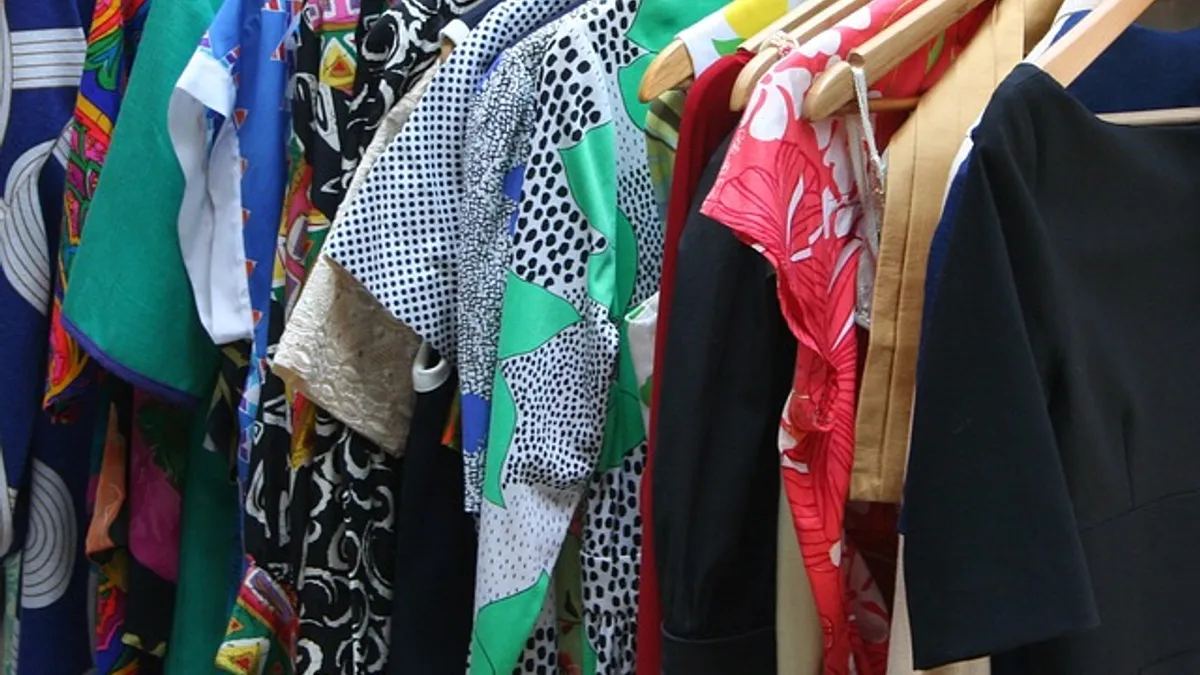Dive Brief:
- Despite disinterest from customers in Austin, TX, Simple Recycling will continue to offer its textile recycling program, as reported by KXAN. It is speculated that the continual drop-off of customers is rooted in concerns that a curbside textile recycling program negatively impacts local charities that depend on such goods.
- In order to address this issue, Simple Recycling has verbally agreed to set goals for selling a portion of the collected textiles to local charities. Additionally, Simple Recycling and Austin Resource and Recovery (ARR) have developed a "Donate First" sticker to be placed on collection bags.
- In December 2016, when the program was launched, Simple Recycling had 5,530 customers and collected 121,000 pounds of textiles. In May 2017, it was reported the program had 1,501 customers and collected 34,745 pounds of textiles.
Dive Insight:
Though cities and retailers alike have boosted efforts to promote textile reuse and recycling, the best method of material collection is still unclear. While some retailers have clothing take-back programs and tout circular economy initiatives, they're competing with charities, like Goodwill, that have deployed donation bins for textiles. Now with Simple Recycling in the mix, residents in cities like Austin and Cincinnati are more likely to face confusion about what to do with their old clothes.
Industry professionals would likely agree that donation is the best option for getting rid of clothing, however the process of textile donations can be tedious — especially if a drop-off location is not easily accessible. Simple Recycling has the right intention in offering curbside textile collection, yet by not working with local charities prior to rolling out the program, they have created a textile battleground.
Some Austin charities have expressed that they want Simple Recycling's contract to be axed, though ARR has pulled hard to keep the program in place — despite only 9% of its customer base participating. If Simple Recycling continues to lose customers, it is likely it will not remain profitable enough to maintain operations in Austin until the end of the year.















